THE GOOD NEWS:
San Francisco provides its residents with greater educational opportunities.
Community colleges can provide an important ladder to help low-income students make their way to the middle class. According to Georgetown University, nearly 30% of Americans with an associate’s degrees now make more than those with bachelor’s degrees.
The city of San Francisco just took a huge step in making higher education affordable to students from all walks of life by becoming the first U.S. city to offer free community college. Starting in the fall, all San Francisco residents are eligible for free tuition at the City College of San Francisco. Currently, students pay $46 per credit.
#SF is proud to be the first City in the nation to offer free community college tuition to our local residents pic.twitter.com/qqNhODXRw9
— Mayor Ed Lee (@mayoredlee) February 6, 2017
“Making City College free is going to provide greater opportunities for more San Franciscans to enter into the middle class and more San Franciscans to stay in the middle class if they currently are,” San Francisco supervisor Jane Kim told KGO-TV. The new program is paid for by a transfer tax on properties in the city that sell above $5 million.
Nearly 30,000 students will benefit from the new program, including low-income students who already receive fee waivers from the school. As part of the new program, low-income full-time students are eligible to receive $250 per semester to help defray the costs of books and transportation.
In 2015, the state of Tennessee began providing two years of free community college tuition to all graduating high school students, and the results have been positive. After two years, 56.2% of the first class of Tennessee Promise students are either still enrolled, have earned a college credential or transferred to a four-year university. That’s 17.3% more than their peers who did not participate in the free program.






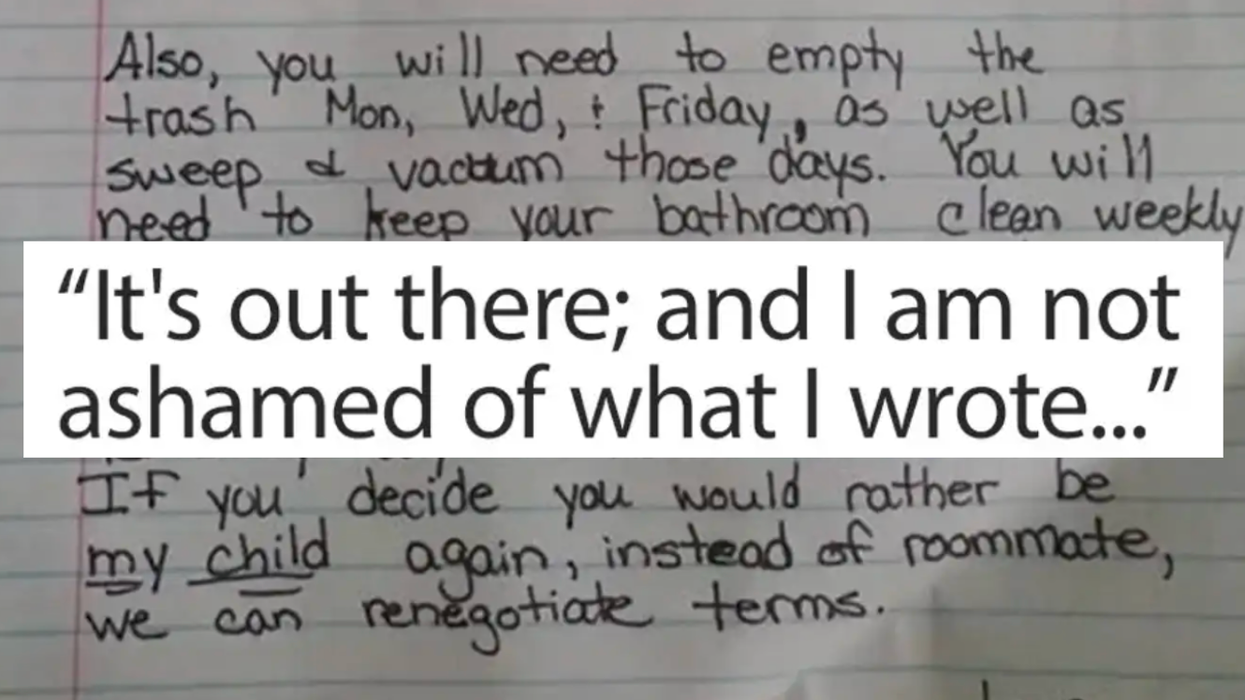
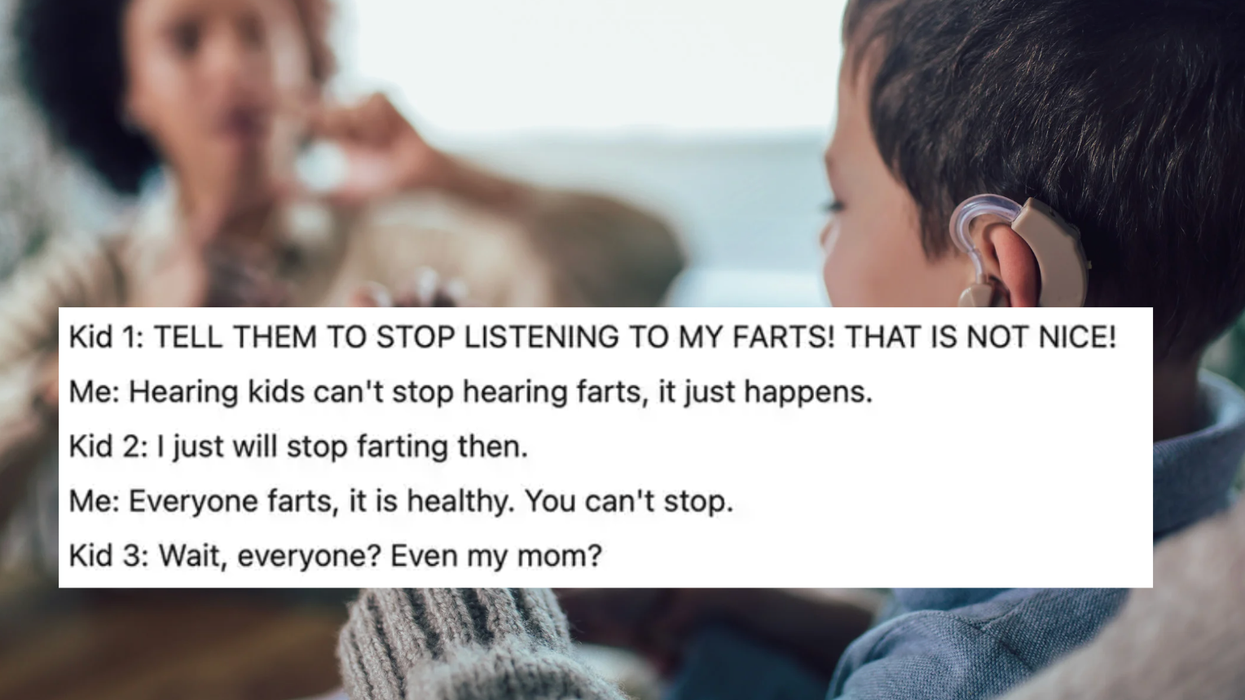

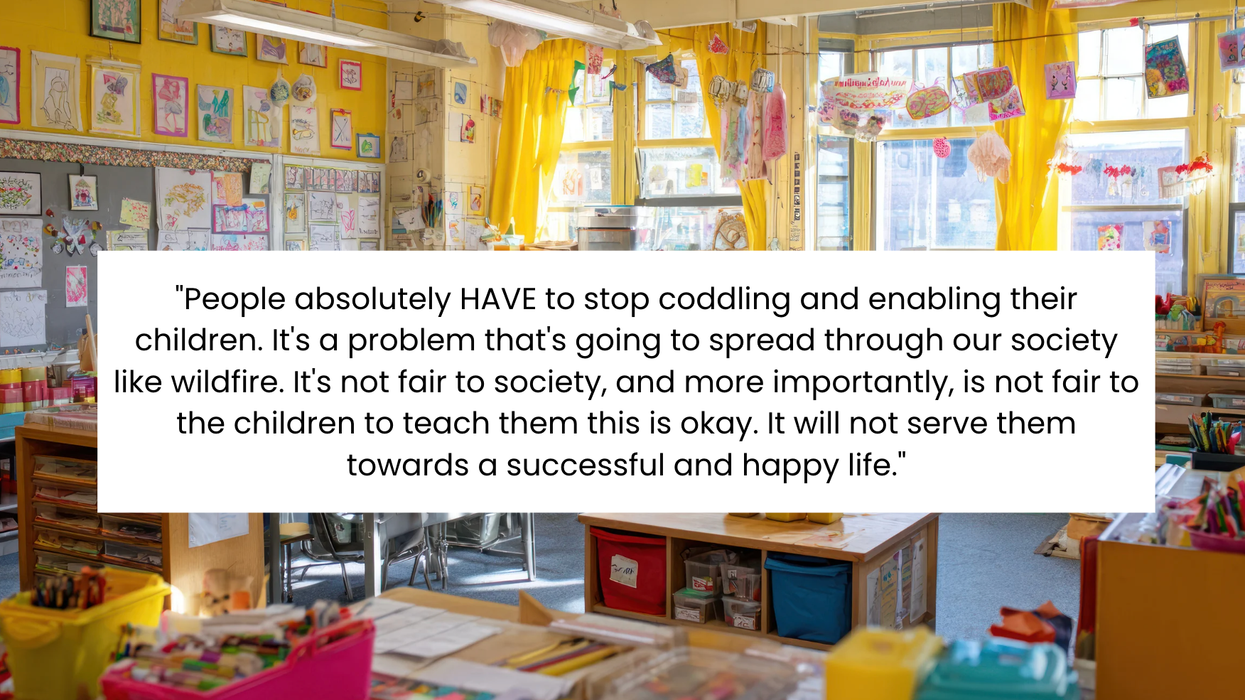







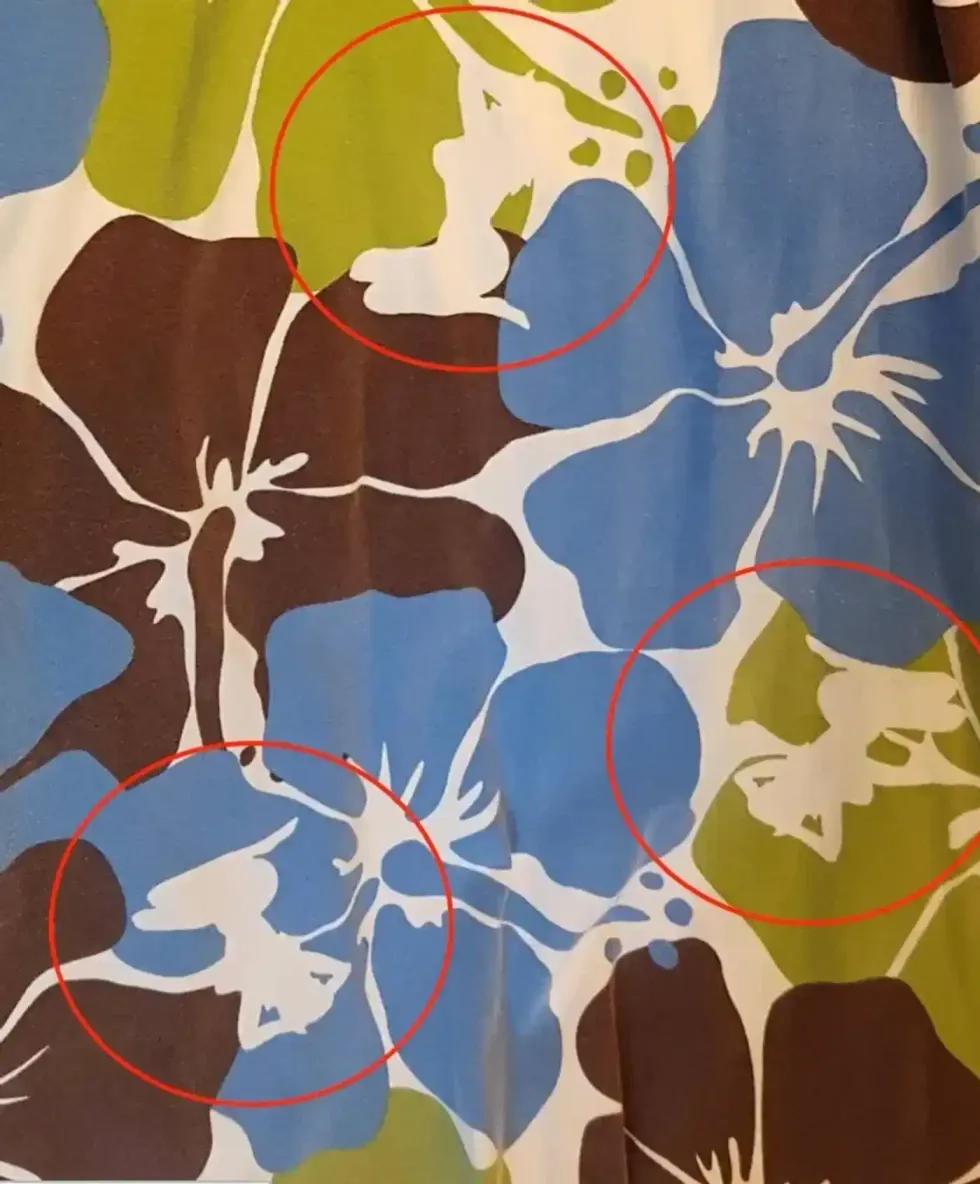 Image of the floral dress with the risque images circled
Image of the floral dress with the risque images circled 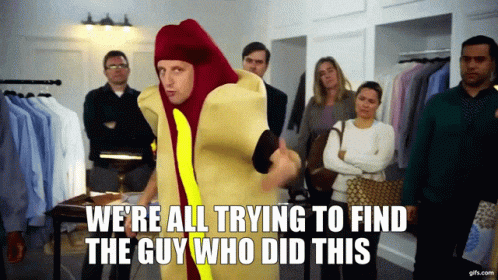 Gif of Tim Robinson via
Gif of Tim Robinson via 
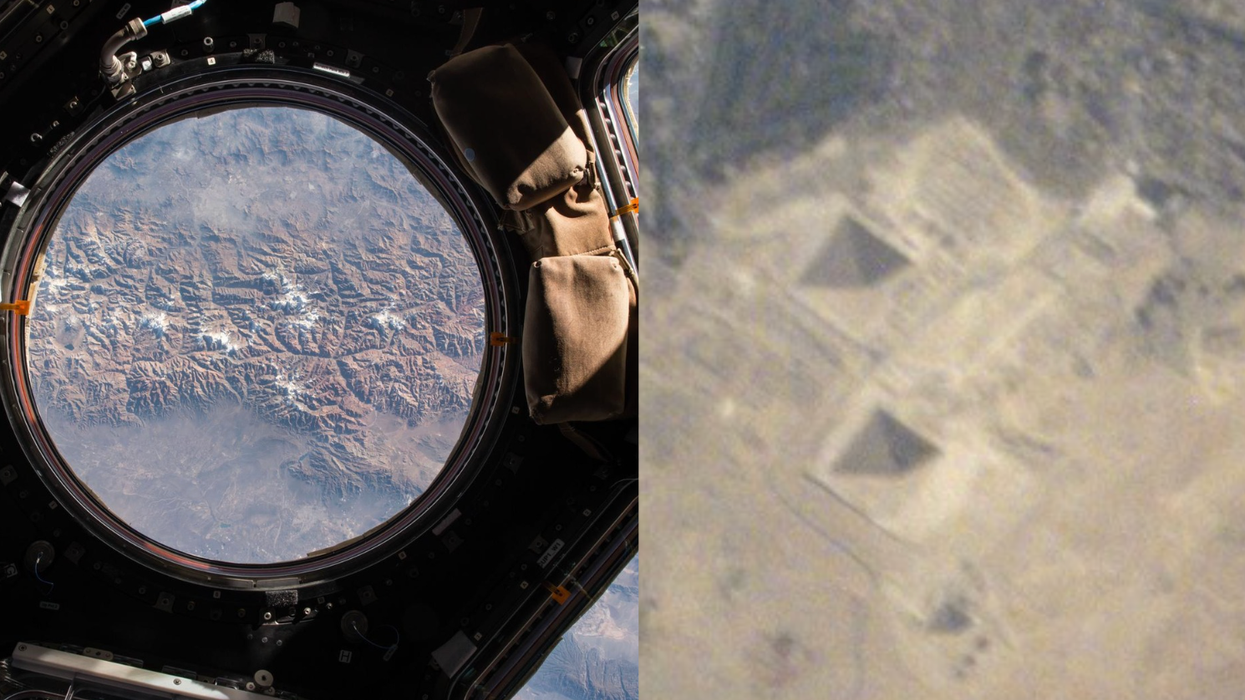

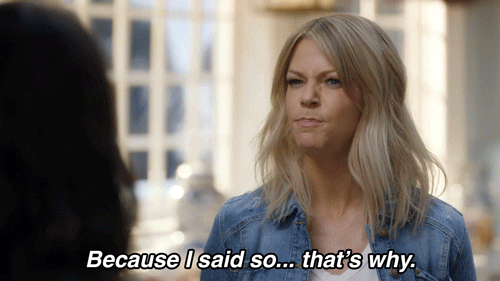 Gif of Kaitlin Olson saying "Because I said so ... that's why" via
Gif of Kaitlin Olson saying "Because I said so ... that's why" via 

 A hand holds several lottery ticketsCanva
A hand holds several lottery ticketsCanva "Simpsons" gif of newscaster winning the lotto via
"Simpsons" gif of newscaster winning the lotto via 

 Kids on their computers.Photo credit:
Kids on their computers.Photo credit:  Young girl holds a drone.Photo credit
Young girl holds a drone.Photo credit  Playing with bubbles.Photo credit:
Playing with bubbles.Photo credit:  Friends on the computer.Photo credit:
Friends on the computer.Photo credit: